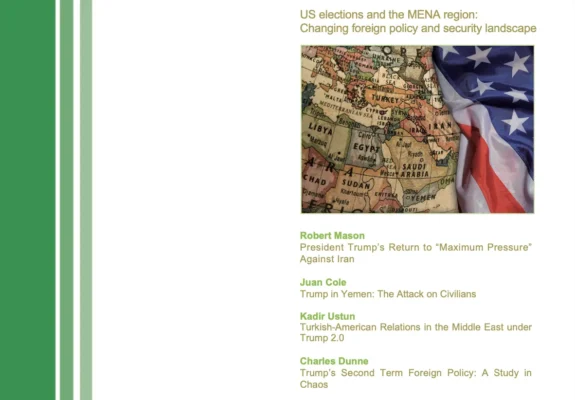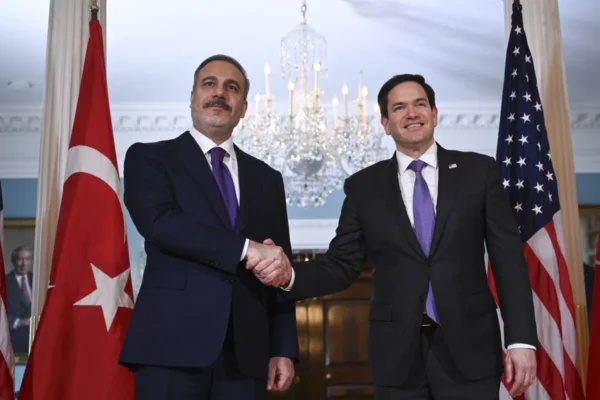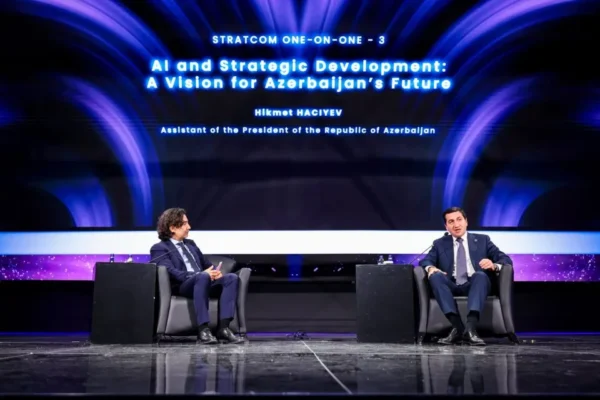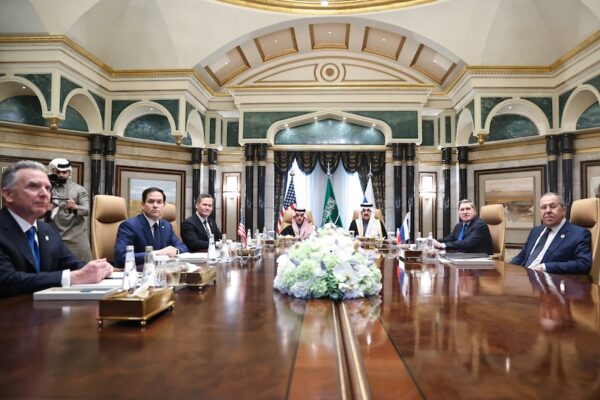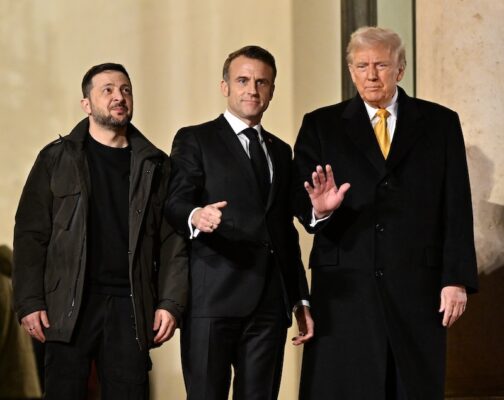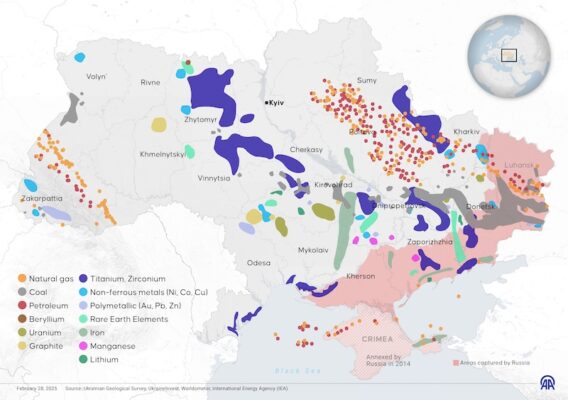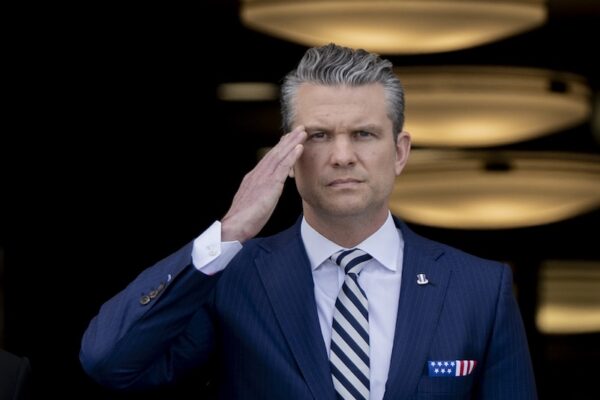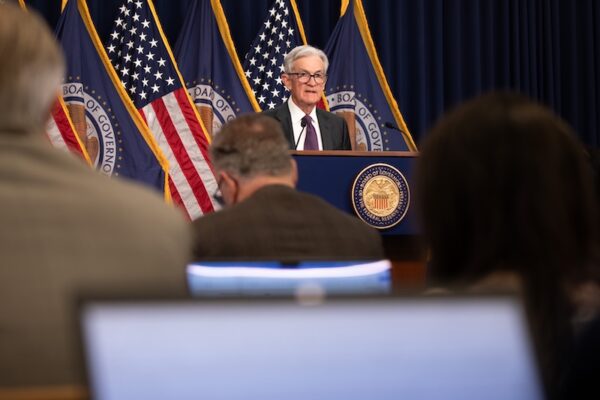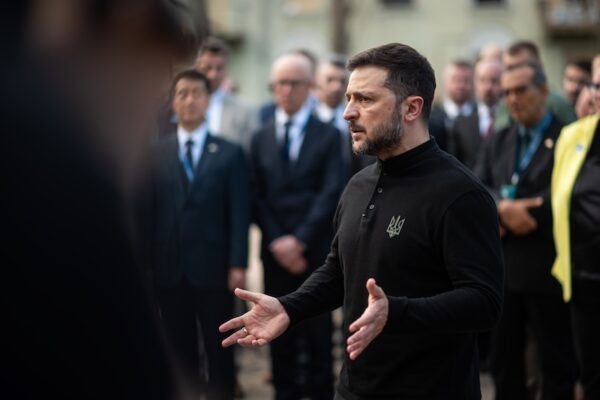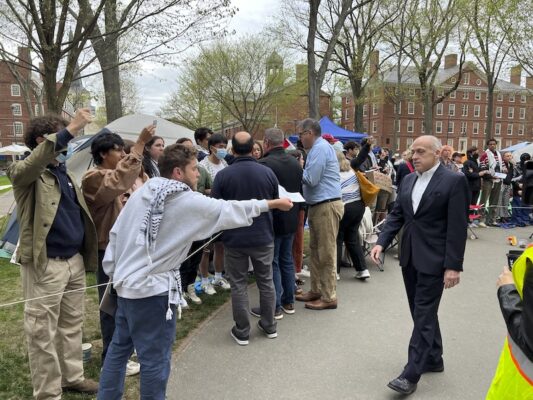Tomorrow, the World: The Birth of U.S. Global Supremacy
Tomorrow, the World: The Birth of U.S. Global Supremacy
December 3, 2020
11:00am – 12:00pm
Zoom Webinar
For most of its history, the United States avoided making political and military commitments that would entangle it in European-style power politics. Then, suddenly, it conceived a new role for itself as the world’s armed superpower—and never looked back. In Tomorrow, the World, Stephen Wertheim traces America’s transformation to the crucible of World War II, especially in the months prior to the attack on Pearl Harbor. As the Nazis conquered France, the architects of the nation’s new foreign policy came to believe that the United States ought to achieve primacy in international affairs forevermore.
Scholars have struggled to explain the decision to pursue global supremacy. Some deny that American elites made a willing choice, casting the United States as a reluctant power that sloughed off “isolationism” only after all potential competitors lay in ruins. Others contend that the United States had always coveted global dominance and realized its ambition at the first opportunity. Both views are wrong. As late as 1940, the small coterie of officials and experts who composed the U.S. foreign policy class either wanted British preeminence in global affairs to continue or hoped that no power would dominate. The war, however, swept away their assumptions, leading them to conclude that the United States should extend its form of law and order across the globe and back it at gunpoint. Wertheim argues that no one favored “isolationism”—a term introduced by advocates of armed supremacy in order to turn their own cause into the definition of a new “internationalism.”
We now live, Wertheim warns, in the world that these men created. A sophisticated and impassioned narrative that questions the wisdom of U.S. supremacy, Tomorrow, the World reveals the intellectual path that brought us to today’s global entanglements and endless wars.
The SETA Foundation at Washington DC is pleased to host the author for a discussion of his new book.
Speakers
Stephen Wertheim, Deputy Director of Research and Policy, Quincy Institute
Moderator
Kadir Ustun, Executive Director, The SETA Foundation at Washington DC
Bios
Stephen Wertheim is a historian of the United States in the world. He is Deputy Director of Research and Policy at the Quincy Institute. He is also a Research Scholar at the Saltzman Institute of War and Peace Studies at Columbia University. Stephen specializes in U.S. foreign relations and international order from the late nineteenth century to the present. In his book, Tomorrow, the World: The Birth of U.S. Global Supremacy, he reveals how U.S. leaders first made the decision to pursue military dominance, an objective that for most of American history had looked unnecessary at best and imperialistic at worst. Stephen regularly writes essays on current affairs. His pieces have appeared in Foreign Affairs, Foreign Policy, The Guardian, The Nation, The New York Review of Books, The New York Times, The Washington Post, and elsewhere. In 2020, Prospect magazine named him one of “the world’s 50 top thinkers for the Covid-19 age.”
Kadir Ustun is the Executive Director at the SETA Foundation at Washington, D.C. Previously, Dr. Ustun was the Research Director at SETA DC and Assistant Editor of Insight Turkey. Dr. Ustun holds a PhD in Middle Eastern, South Asian, and African Studies from Columbia University and a Master’s degree in History from Bilkent University. He has contributed to various SETA reports and his writings have appeared in various publications such as Insight Turkey, Al Jazeera English, Hurriyet Daily News, Daily Sabah, Mediterranean Quarterly, and Cairo Review of Global Affairs among others. He is also co-editor of edited volumes History, Politics and Foreign Policy in Turkey, Change and Adaptation in Turkish Foreign Policy, Politics and Foreign Policy in Turkey: Historical and Contemporary Perspectives, and Trump’s Jerusalem Move: Making Sense of U.S. Policy on the Israeli Palestinian Conflict.





